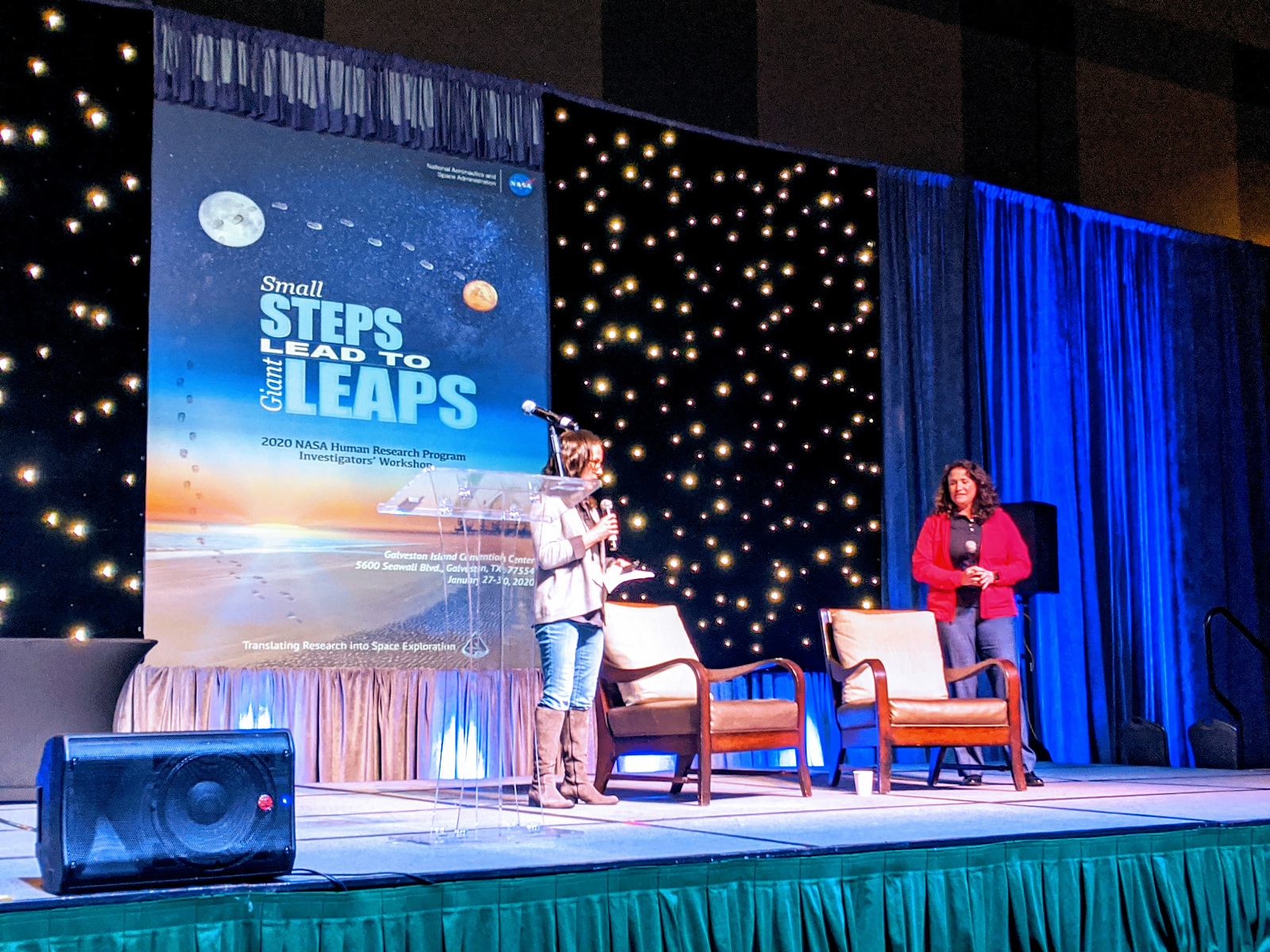At last week’s ASCEND event, an international audience took part in discussions focused on enabling milestones for a robust space economy as well as exploration-class human spaceflight. Despite a change of venue and the need to support a diversity of research and panel-based content on a newly developed platform, ASCEND showcased in-depth conversation from leaders and newcomers across the space industry. Ranging in scale from focused technical reports to strategic-level, multidisciplinary talks, ASCEND’s agenda provided a platform for discussing the next major milestones in space commerce, human research, and policy.
As we discussed last week, ASP’s team moderated several talks that examined the role of performance training and space medicine for the successful completion of these milestones. These contributions, alongside a published research outline, underscore the role of clinical and performance considerations in supporting the development of a qualified body of spaceflight professionals.
Earlier this year, Serena Aunon-Chancellor offered insights into long-duration spaceflight based on her experience as Flight Engineer on ISS Expedition 56/57. Part of her perspective afforded key directions for closing risk gaps for exploration-class mission profiles.
“Key obstacles for the cruise-phase to and from Mars are behavioral issues focusing on resilience and care of the self and team… The most important medical resource is the human, which provides a physician’s sixth sense that is not data-driven.”

Serena Aunon-Chancellor, right, discussing her long-duration experience on Expedition 56/57. Photo Brett Bennett, 2020.
These types of insights have informed ongoing work by HRP and TRISH, including other accounts from NASA personnel and flight crew. In presentations from James Picano and Mike Barratt, the role of individual and team resilience is emphasized as a crucial component for behavioral health and performance. A subset of talks at ASCEND continued the conversation on this topic, illustrating the importance of core performance traits for the success of long-duration flights and exploring new methods for supporting these traits. In addition to the work on space medicine and performance mentioned above, work from NASA JSC and Marshall, for example, highlighted ongoing work in technology development and training for keeping crew happy, healthy, and productive.
Launch providers like SpaceX and Blue Origin have clear visions for the future of human spaceflight, from the establishment of a sustainable cis-lunar economy to large-scale Mars colonization. Advancing this vision will necessitate a building-block approach to increasing flight complexity and duration; insights into retiring risk for behavioral health and performance will directly support this approach.

NASA crew inside the Crew Dragon spacecraft for commercial crew Crew-1 launch. Photo NASA 2020.
ASP’s membership shares a mission to develop the next generation of spaceflight professionals, and in doing so, to provide the means for achievement of key milestones in human spaceflight. To support professional development in this way, ASP continues to advance funding facilitation and professional opportunity in a variety of areas.
Learn more about ASP’s work here.
